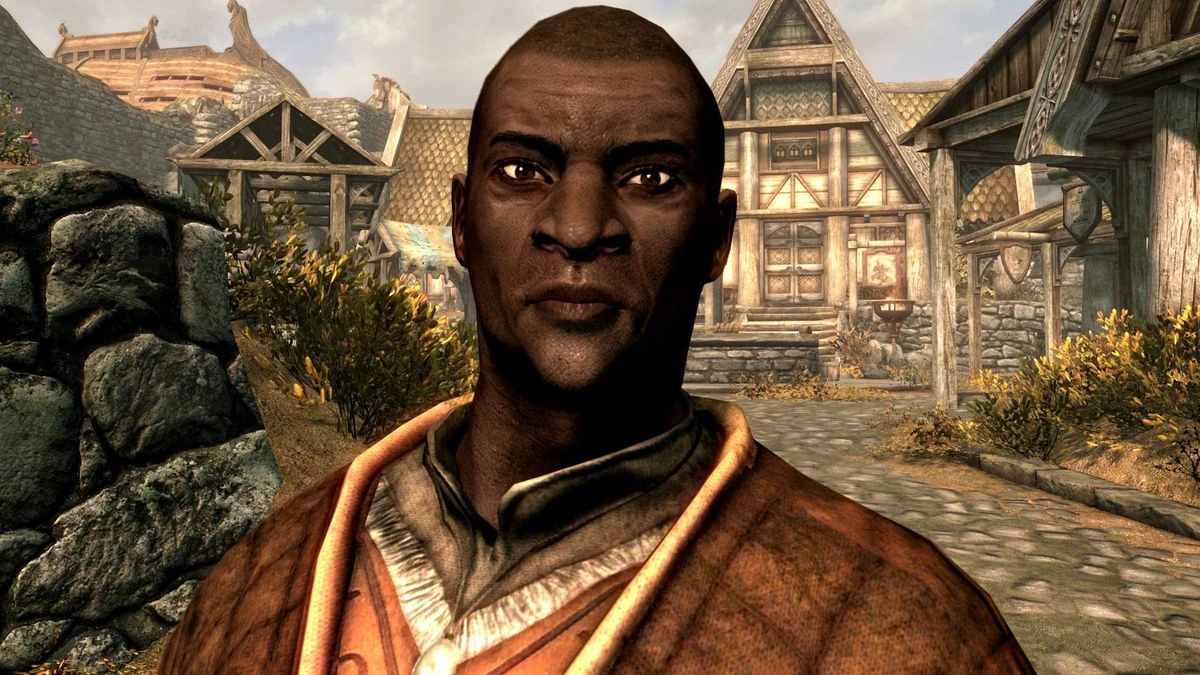Skyrim's lead designer says Bethesda’s primeval Creation Engine (PCE) is 'perfectly tailored' to the studio’s needs. So, a switch to Unreal is unlikely.
Bruce Nesmith, a former Bethesda developer, spoke with VideoGamer to defend the studio's continued usage of its proprietary Creation Engine. He predicted that Bethesda would likely stick to the tech, even though other big-name developers like BioWare (formerly 343 industries), Halo Studios, and CD Projekt have traded in their bespoke engines in favor of Epic Games' ubiquitous Unreal.
Ironically, the Creation Engine is based on licensed middleware that is similar to Unreal. Bethesda developed The Elder Scrolls Morrowind, Oblivion and Fallout 3 using the Gamebryo Engine. Obsidian, the developer of Fallout: New Vegas, is also a part of this family tree. The Creation Engine, which underpins Skyrim, Fallout 4 and even Starfield from last year, is based on the earlier engine. Gamebase, the creator of Gamebryo, appears to have ceased operations at some point following the engine's 2012 update. Bethesda continues to develop it.
This long-term reliance can lead to "tech debt," or the many ways that errors, shortcuts and other quirks can calcify over time and have knock-on consequences. Nesmith cites this as the main reason Bethesda may consider switching engines: "There are some parts of the Gamebryo Engine that I wouldn't be surprised if Bethesda could no longer compile because the original code doesn't compile anymore." You'll have to use the compiled content as it is. Nesmith does not believe that his former employer will be able to make a fresh start.
Nesmith said: "We're fighting about the engine of the game, let's fight about the game." "The game engine itself is not important, it is the game that is important. We could both name a hundred bad games that used Unreal. Is Unreal to blame? It's not Unreal. Nesmith also said that Creation has been "constantly tweaked, upgraded and refined" to produce the types of games that Bethesda produces.
Nesmith estimated that it would take "a year or so of technical work" to transition the company, and any completed work, from Creation to Unreal for its next project, The Elder Scrolls 6. "And then more work after that to tune, to tune, to work, in the game."
A secondary concern is the effect of such a change on the modder community. It would effectively wipe the slate clean for them as well. Nesmith estimates that Bethesda's modders are in debt to the company. The developer cited Script Extender, which requires an update each time a new game is released, as an example. An engine change would invalidate the collective knowledge, skills and tricks the community had developed.
Nesmith emphasized that the engine is there to serve the game. Is the game any good? I don't really care about the engine. The game is good! "Let's play a game."
I agree with him largely, but with one twist: I hope Bethesda stays with Creation because of a few factors. First, there's the question of industry consolidation. It makes me nervous to see so many studios trading in-house tools for Unreal. This is especially true when Epic Games has its metaverse-themed plans for the future of gaming. Unreal Engine 5 continues the UE4 PC stuttering issues. If you outsource to get rid your own tech debt, aren't there risks of acquiring it from another party as well?
I think that a diversity of processes and tools across the industry are a good thing. I would point out FromSoftware and Larian, two companies who have created exceptional games with their own tools. No one else has been able to match them. Starfield was a bit disappointing for Bethesda but it was still one of the most stable games I've played from day one.




Comments